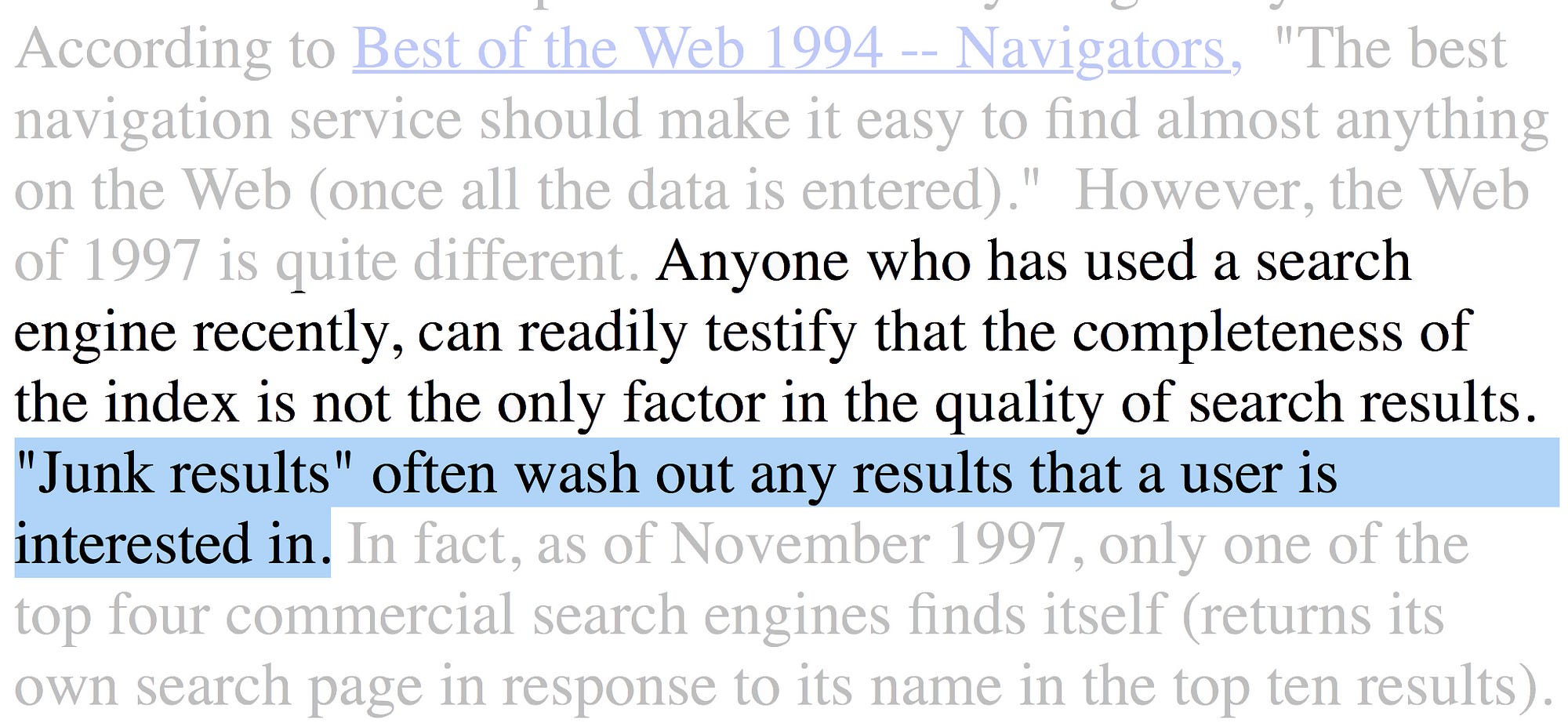
Nous vivons désormais dans des environnements de moins en moins dangereux, de plus en plus pacifiés, mais notre cerveau nous force toujours à détecter le moindre signal d’alarme, parce que, depuis des millions d’années, cette stratégie de l’amalgame lui a été bien plus profitable que la subtilité du peut-être, il faudrait voir, si, réellement et au-delà de tout doute raisonnable, il y a vraiment du feu au pied de cette fumée.
À ne pas oublier: nous sommes les descendants de singes flippés des brins d’herbe agités par le vent, car il n’aura fallu qu’une seule hyène surgissant des broussailles pour que leurs sceptiques et flegmatiques acolytes soient rayés de la carte. Aujourd’hui, le vert est la couleur dont l’œil humain détecte le plus de nuances et nous sommes toujours génétiquement prédisposés à préférer une idée reçue qu’un fait patiemment solidifié par un difficile, pénible et souvent décourageant amoncellement de preuves exigeant d’exploiter des capacités mentales littéralement contre-intuitives.
Source : Pourquoi s’offusquer de la post-vérité? C’est le mode par défaut de notre cerveau | Slate.fr






